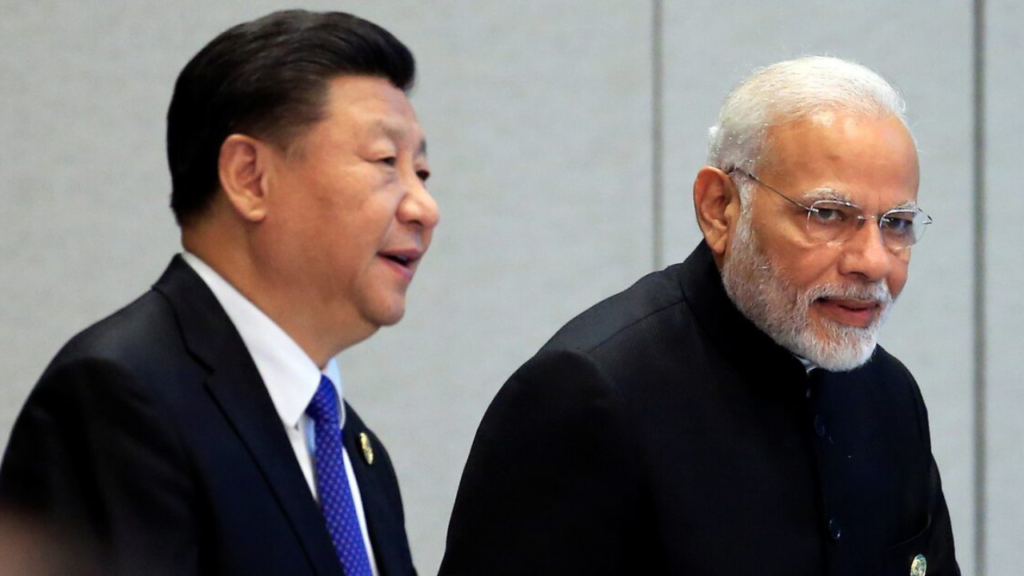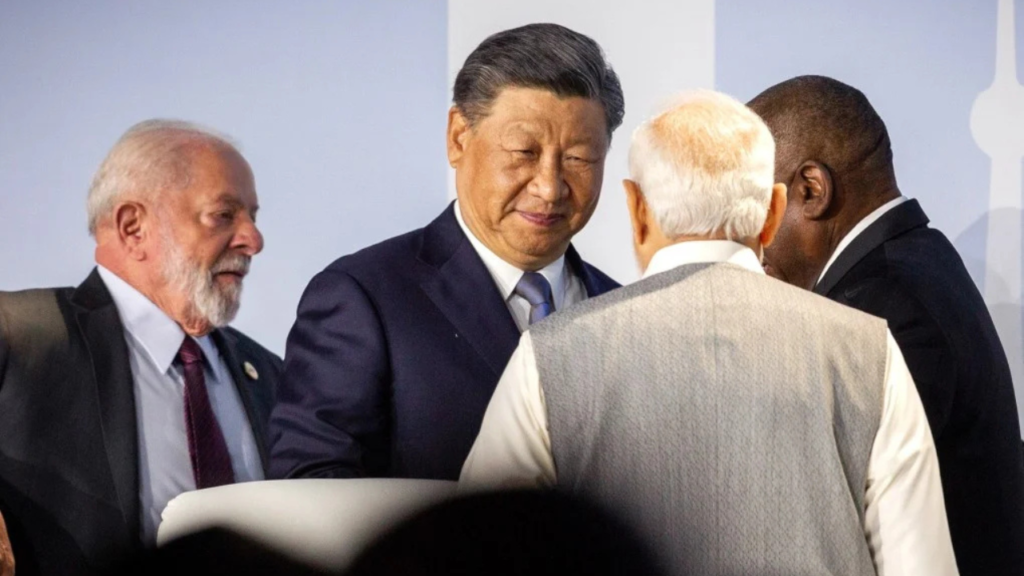
India and China have reached an agreement on new patrolling arrangements aimed at de-escalating tensions along their disputed Himalayan border, which has been the site of deadly clashes in recent years. Vikram Misri, India’s top diplomat, announced on Monday that both countries have committed to “disengagement and resolution of issues” stemming from conflicts in 2020.
This agreement references the Galwan Valley clashes, which marked the first fatal confrontation between the two nations since 1975, resulting in casualties on both sides. Since that incident, relations between India and China have remained strained, with ongoing concerns over military positioning and border disputes. The recent agreement signifies a potential step toward improving ties and stabilizing the region.
India and China Establish New Patrolling Arrangements to Ease Border Tensions

India and China have agreed on new patrolling arrangements along their disputed border to help reduce tensions, according to Indian diplomat Vikram Misri. He mentioned that this agreement aims for disengagement and resolving issues that arose in 2020 but did not provide details on the process or whether it covers all conflict points.
This announcement comes just before Indian Prime Minister Narendra Modi’s trip to Russia for a BRICS meeting, but Misri did not confirm if Modi would meet Chinese President Xi Jinping during the visit.
His comments on Monday represent a significant development between India and China since the Galwan clashes. During those confrontations, troops in the Galwan Valley used clubs and sticks due to a 1996 agreement that banned the use of guns and explosives near the border. Despite several rounds of talks between diplomats and military leaders over the past four years, there had been no major breakthroughs until now.
| Read more : South Korea Demands Immediate Withdrawal of N Korean Troops from Russia |
| K – Drama Preview : What Comes After Love EP 6 Preview |
Troops from India and China clashed in the northern Sikkim area in 2021 and in the Tawang sector in 2022. Border tensions have strained relations between the two countries for decades, dating back to their 1962 war, in which India faced a significant defeat. These tensions have also negatively impacted business relations.
The root cause lies in a poorly defined, 3,440 km (2,100-mile) disputed border, where shifting rivers, lakes, and snowcaps often bring soldiers into contact, leading to confrontations. Additionally, both nations are competing to build infrastructure along the border, which has further increased tensions.



